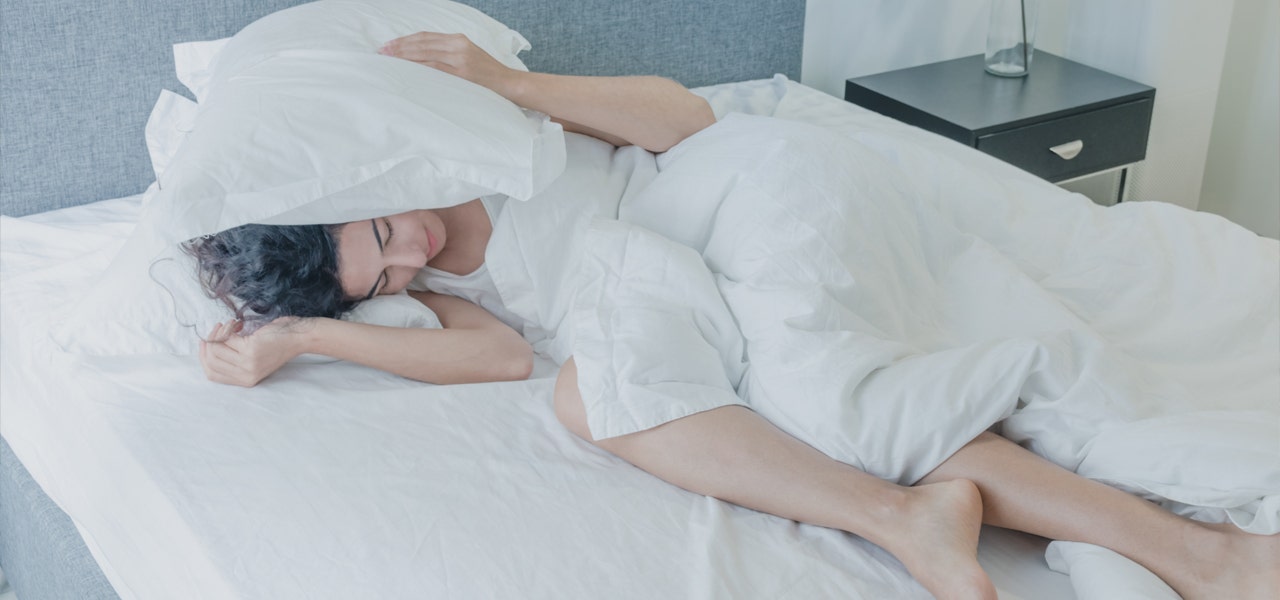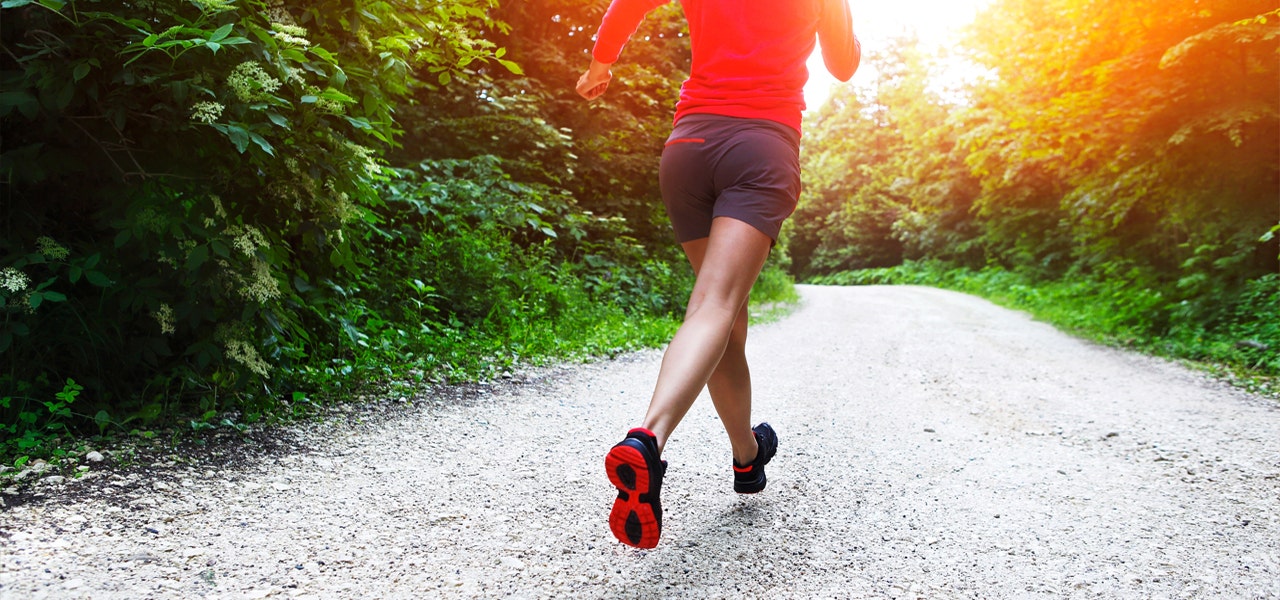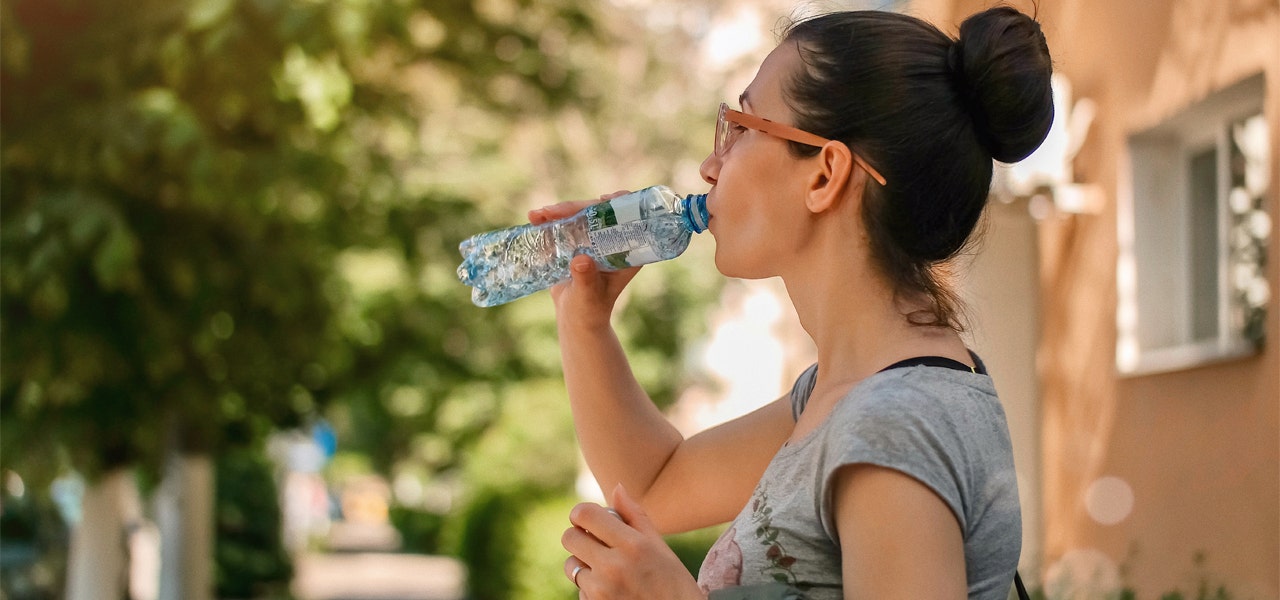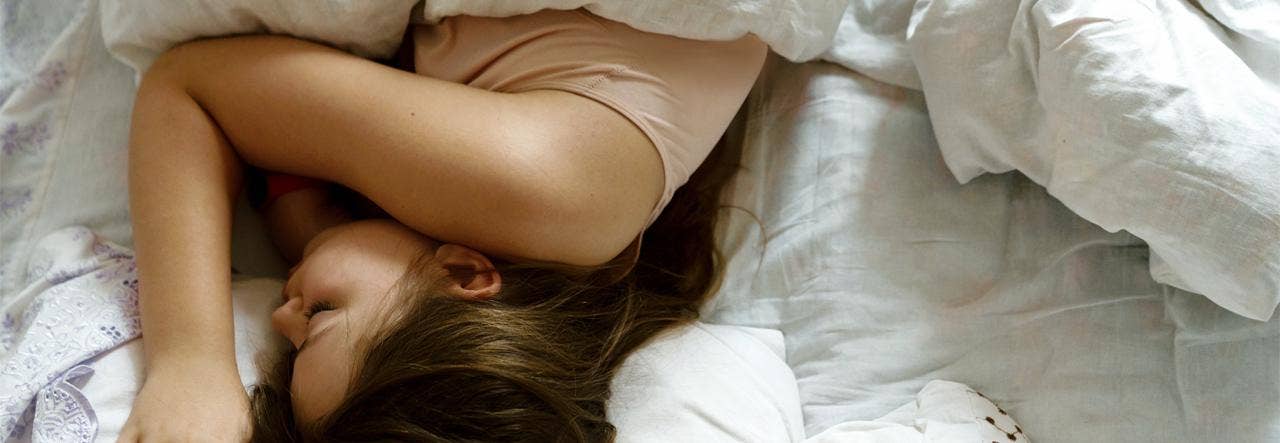The first day of summer is right around the corner – June 21, to be exact. Summer tends to bring more activities, extra socializing, longer days, later nights and even a boost in energy due to increased daylight and warm weather.
There’s nothing quite like a summer night, but some may find they have trouble sleeping with all the additional summer fun. Some people struggle to sleep due to the seasonal changes, and still others just feel like they need less snooze time in the summer months.
Curious why that is? Here, we’re breaking down the basics of summer insomnia, the reasons you might struggle with sleep during these months and tips for improving your summer slumber and getting the restorative sleep you need.
What Is Summer Insomnia?


You’re likely already familiar with what insomnia is, but what about summer insomnia? Summer insomnia differs from regular insomnia in that it is a direct product of the extended daylight hours during the summer months. The longer lasting days have the ability to throw off our body’s circadian rhythm and internal “master clock” that controls natural melatonin production.
Melatonin is a naturally occurring hormone that supports restful and restorative sleep. The later sunsets in the summer can delay the release of melatonin in our bodies while the earlier sunrises in the summer signal to our brain that it is time to wake up. All of this results in a shorter sleep cycle that is a product of our increased exposure to natural daylight in summer.
Other Reasons You May Struggle to Sleep in the Summer
Summer’s extra daylight (and its control over our circadian rhythm) isn’t the only factor at play for those who have a tougher time falling asleep and staying asleep in the summertime. Other contributing summer aspects that have the power to influence our quality of sleep include:
1. Temperature
Higher temperatures in the summer can affect the natural thermoregulation in our bodies. This makes our body temperature higher for longer and can result in difficulty falling asleep. In controlled conditions, the body’s temperature will lower right before bedtime, but this can be thrown off in the summer.
Related, if you’re someone who “sleeps hot” whatever the weather, your mattress may actually be the culprit. Petroleum-based mattress materials like memory foam trap heat and make you feel hot and sweaty. You can read more about “sleep cool” mattresses here, but there’s no time like a hot summer day to look for a certified organic mattress filled with materials that naturally help regulate your body temperature.
2. Routine Changes


During the summer, we may accept more invitations to socialize, attend after-work happy hours, eat dinner later, or exercise after work when we would normally be winding down. All of this can throw off our internal clock and circadian rhythm, confusing our bodies and affecting our quality of sleep.
News flash: Bedtimes aren’t just for kids. Sure, it’s OK to switch up your routine from time to time, but your body responds to consistency and eating or exercising close to bedtime can disrupt your sleep more than you may think. Your brain and body give you sleep readiness signals when it’s time to turn in for the night, and you’ll enjoy all that summer socializing more if you listen to your body.
3. Alcohol Consumption


With frequent socializing and summer hangouts often comes alcohol consumption. While there’s nothing wrong with the occasional summer spritz or glass of chilled wine, alcohol has the power to greatly affect our quality of sleep.
You might be thinking, “But I feel drowsy when I drink.” Alcohol might make you fall asleep faster but be aware that it’s not compatible with quality sleep. Alcohol can disrupt our natural sleep cycles, specifically the REM (Rapid Eye Movement) phase of sleep, which is the most restorative phase. Losing out on REM sleep can result in:
- Decreased concentration
- Daytime drowsiness
- Poor memory
Alcohol has also been shown to delay the release of melatonin in the brain, increase the likelihood of sleepwalking and worsen sleep apnea symptoms.
4. Dehydration
This one is only inevitable with increased alcohol consumption and hotter temperatures: dehydration. We tend to sweat more in the summer when the weather is hotter, and this can result in dehydration if we aren’t careful to replenish our bodies with essential minerals.
Like many things, dehydration can affect the body’s production of melatonin. This is because it reduces the amount of essential amino acids that are required to make the hormone in the first place.
Tips for Better Summer Sleep
Fortunately, there are things we can do to help combat summer insomnia and receive quality sleep during these months. First, it’s important to stick to a schedule and maintain as much of a routine as possible. It’s tough in the summer but try your best not to deviate from this. Additional tips for improving your circadian rhythm, internal clock and summer sleep cycles include:
Mindful Light Exposure
Although it stays light out later during the summer, try reducing your exposure around the same time each night – even if it is still light out. This can be achieved by:
- Blue light blocking glasses
- Blackout shades and curtains
- Dim lighting
- Putting away electronic devices early
Optimized Sleep Environment
Create a dark, cold environment for better sleep in the summer. Setting your thermostat within the range of 60-67 degrees Fahrenheit or using a fan will help ensure your body’s temperature regulates for better sleep. Additionally, remember that naturally breathable bedding materials will help you feel more comfortable and less sweaty, too. We can help with:
Smarter Alcohol Consumption
If you do choose to consume alcohol, try to keep enough time between the point of consumption and the time you are going to bed so that your body can clear it from its system. To do this, stop drinking at least four hours before you plan to go to sleep, and drink in moderation.
Hydrate, Hydrate, Hydrate


Last – and certainly not least – keep your body hydrated. Replenishing your body with electrolytes containing essential minerals and natural sources like coconut water can help keep your body hydrated during the summer months. Aim for eight 8-ounce glasses per day of clean, filtered water. Make sure you keep up by always carrying a water bottle with you when you’re on the go.
For many, summertime is when we often aspire to feel and look our best, but that can feel impossible when we are tired. Sleep is essential to health and well-being, but there’s no reason to stress! Incorporating these simple and easy tips can help you achieve your best sleep all summer long. Looking for more natural sleep tips? Consider trying pink noise or meditating for better sleep.
 BABY
BABY  KIDS
KIDS  ADULT
ADULT  LEARN
LEARN  STORES
STORES 